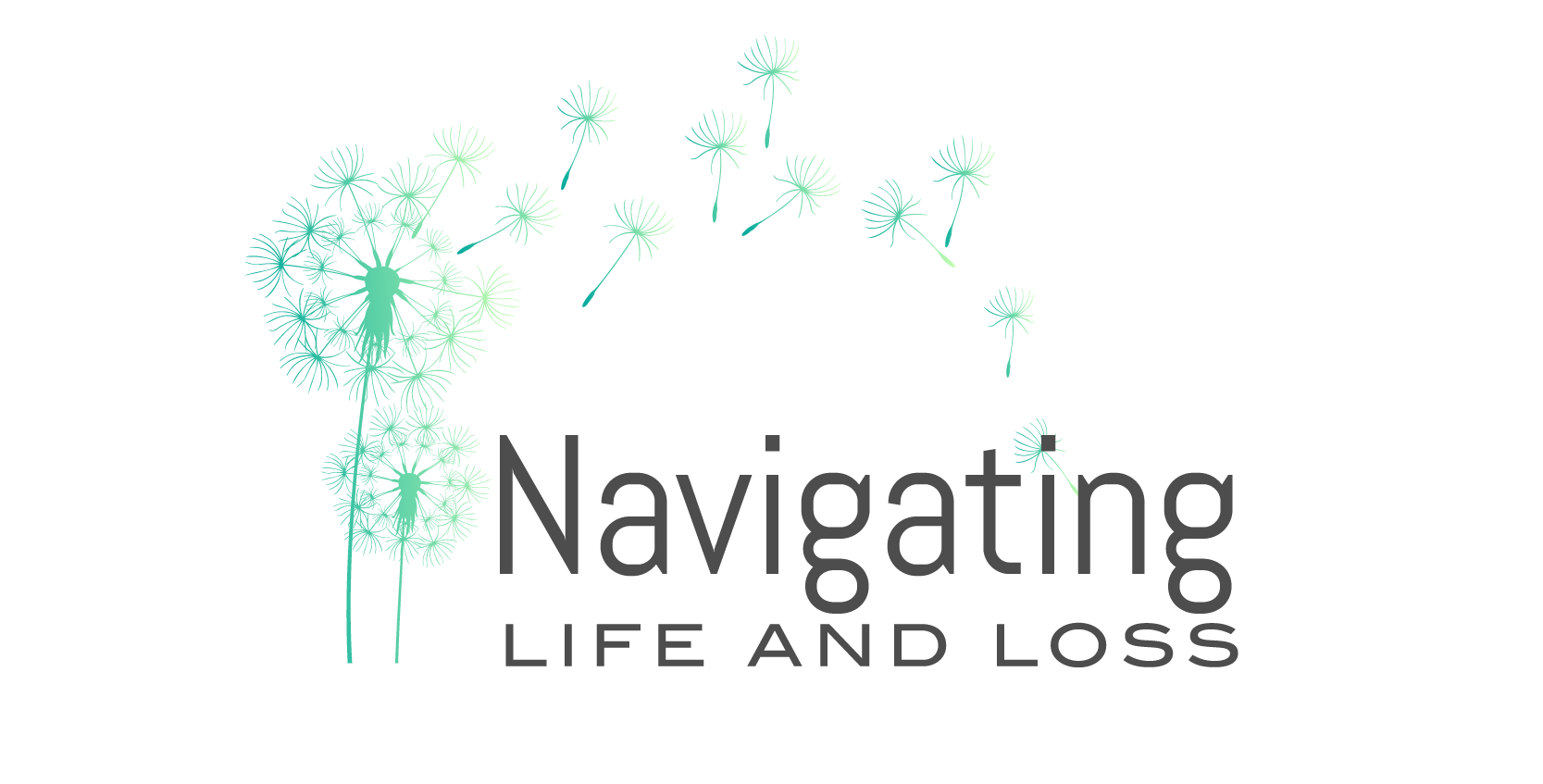 Counseling for Caregivers not only gives you an outlet where you can say those things out loud you have only thought to yourself in your weakest and darkest moments in a non-judgmental, supportive environment, but can also provide new insights and perspectives from someone with expertise and experience in the field. Second guessing yourself and feeling ill prepared to deal with the enormity of the responsibility on your shoulders goes with the territory, but together we can help you gain clarity and confidence in your ability to cope and do well in this unfamiliar situation with compassion and self-acceptance.
Counseling for Caregivers not only gives you an outlet where you can say those things out loud you have only thought to yourself in your weakest and darkest moments in a non-judgmental, supportive environment, but can also provide new insights and perspectives from someone with expertise and experience in the field. Second guessing yourself and feeling ill prepared to deal with the enormity of the responsibility on your shoulders goes with the territory, but together we can help you gain clarity and confidence in your ability to cope and do well in this unfamiliar situation with compassion and self-acceptance.
Working as a front-line health care worker or first responder can leave you feeling stretched thin, stressed out and overwhelmed. Taking care of a family member or friend through a serious illness, cognitive decline or end of life can be one of life’s most meaningful experiences, however it is also exquisitely painful and gut wrenching as you watch someone important to you suffer or fade away. Navigating these role reversals, having frank conversations around health care and end of life decisions, managing your own anticipatory grief as well as emotions of fear, love, guilt, frustration and resentment while also taking care of yourself as a caregiver can seem to be an insurmountable herculean task.
Caregiving can be uniquely challenging when caregivers find themselves simultaneously raising their own families while trying to meet the needs of aging parents who have their own needs for independence and autonomy, which may or may not be in line with what you think is best. The person you are caring for may have advance directives or make health-care decisions that run counter to the course of treatment you would like for them to follow. Perhaps you have an ambivalent or conflicted relationship with a family member and now are finding yourself in the unenviable position of needing to advocate for their needs and care for them while you are still nursing hurts from the past. Getting support for yourself in these situations is crucial.
Airline safety briefings often advise you to “put your own oxygen mask on first” before attempting to assist others; however this is easier said than done when you have just added what amounts to another full-time job as a caregiver to your already busy and stressful life. Spending one hour of your week in counseling may seem to you like time you cannot spare, but caregiver burnout is real, and making the time to be intentional about managing this unique stress can be enormously helpful in being able to cope effectively, make the most of the time you have left together, and sometimes just keeping your head above water in the chaos.
The end of a caregiving role can also be particularly challenging to navigate. Perhaps you cared for someone through an exceedingly difficult illness who has since recovered, and now you are finding it hard to let go of the hypervigilance that was necessary through the illness. You may have spent months or even years making someone else your focus and now that the person is gone, they seem to have taken with them any meaning or purpose for living you once had. Counseling for Caregivers also means redefining yourself after an intensive caregiving role and figuring out what comes next for you as you find acceptance for what has occurred and choose what to take with you as you move forward with intention into what comes next.
I stand ready to take this journey with you, providing support for whatever caregiving role you are currently experiencing, as well as looking ahead so you can be prepared for what comes next. You may not have a lot of control over what is happening right now, but there are many things we can do to help you respond to the challenge in ways that give you peace, acceptance, confidence and hope.
Watch my Webinar on Navigating Caregiving Here: https://www.youtube.com/watch?v=oZMk85GJ3Yo
